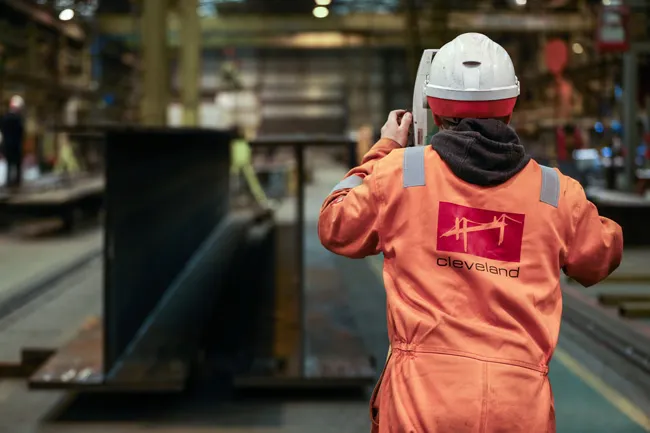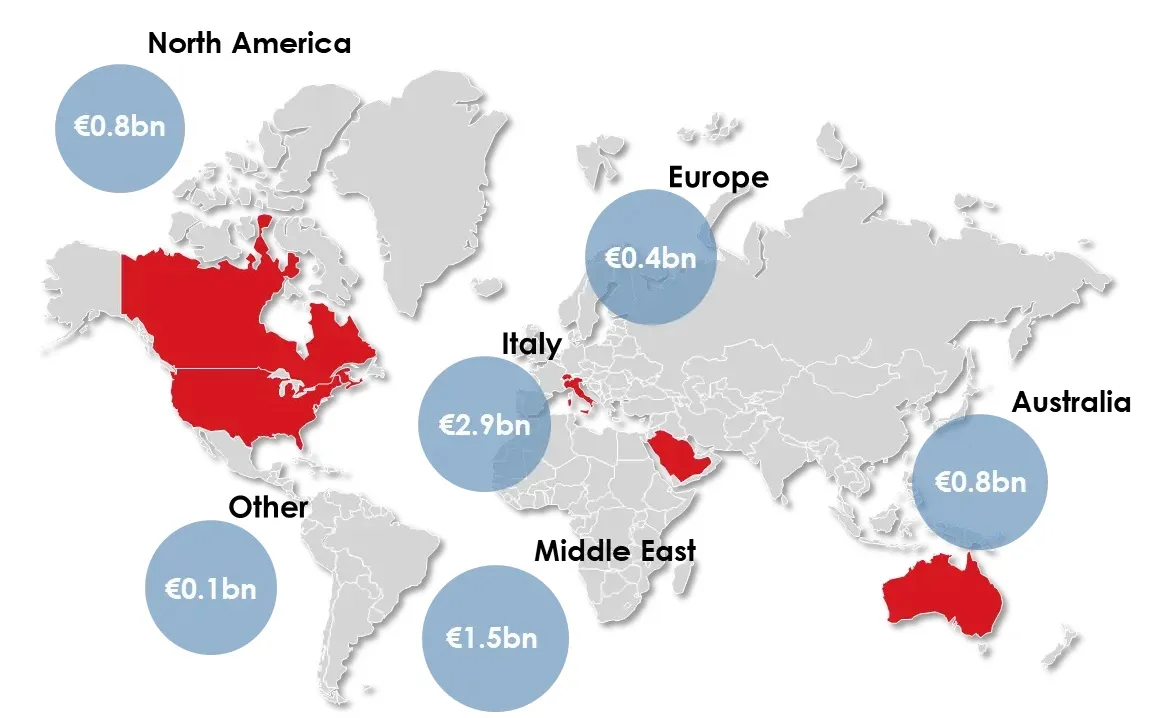
Cleveland Bridge UK reports healthy results for the fourth consecutive year. The firm’s strong profits are said to add further strength to its balance sheet and it is continuing to develop its order book with new projects.
Despite uncertainty in the UK construction sector due to Brexit, the Darlington-based company achieved a turnover of £37 million for its financial year ending 31st December 2018, with an operating profit of £1.2 million and an improving balance sheet.
Cleveland Bridge continued to grow its order book in this period and the firm says it started 2019 with a strong order position. The company also expects to make further investments to improve on its operational costs in 2020. Throughout the year the company has strengthened its relationship with its sister companies based in the Middle East, increasing its global reach.
In addition to its well-established infrastructure business, Cleveland Bridge has also returned to the Building Structures and Bridge Services markets, sectors in which the company has previous extensive experience and skills. A large project to carry out rehabilitation and maintenance work on the Humber Bridge, originally fabricated by CBUK is on schedule to be completed next month.
Phil Heathcock, CFO of Cleveland Bridge UK, said: “The investments we have made in people, processes and technology has ensured Cleveland Bridge UK has remained profitable in an uncertain market. The Brexit effect has been negative on UK construction order flow, but we have remained agile and competitive, alongside our reputation for consistently delivering projects to satisfied customers, enabling the company to continue to return positive financial results.”








